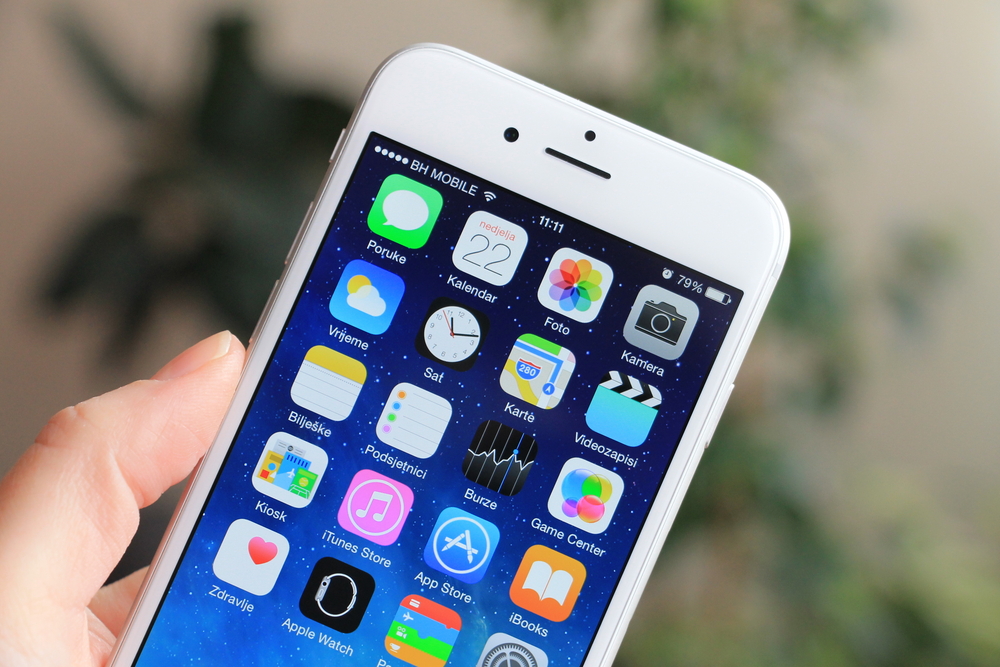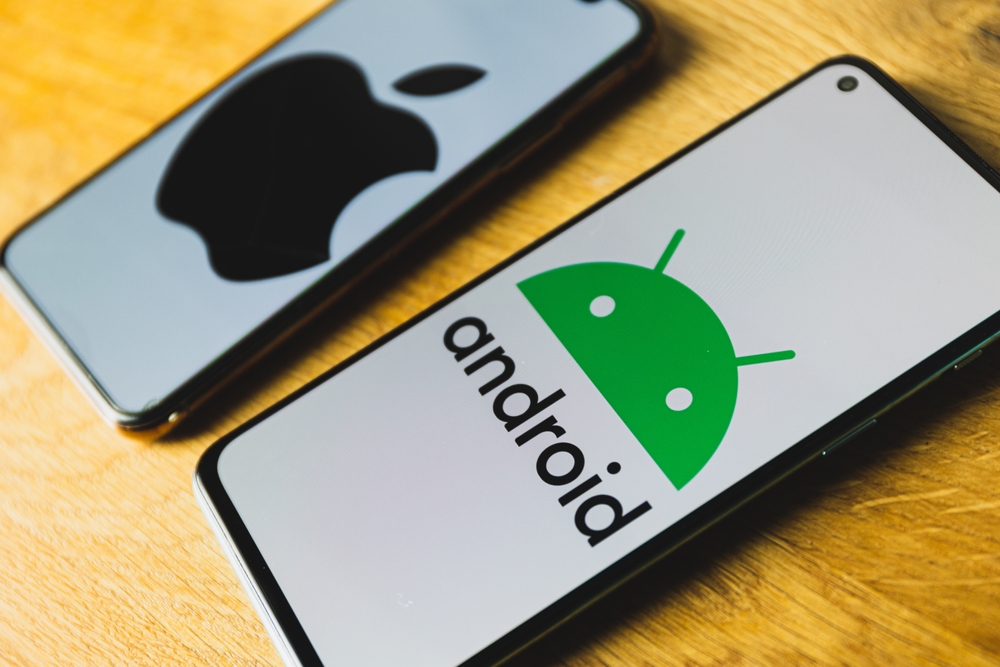
Mastering Mobile App Marketing: Essential Tips and Tricks for Effective Promotion

Mobile apps have become an integral part of our lives, transforming the way we communicate, shop, and entertain ourselves. With the increasing competition in the app market, it's crucial for app developers and marketers to master mobile app marketing to ensure their app stands out in the crowd. In this article, we will explore some essential tips and tricks for effective mobile Google Play or App Store app promotion.
1. Understand Your Target Audience
Before diving into mobile iOS or Android app marketing, it's important to understand your target audience. By knowing who your app is designed for, you can tailor your promotional efforts to reach the right people. Conduct thorough market research to identify your audience's demographics, interests, and pain points. This will enable you to create personalized marketing messages that resonate with your potential users.
2. Create a Compelling App Store Listing
Your app store listing plays a vital role in attracting potential users. Both the Apple App Store and Google Play Store have specific guidelines for creating an appealing app store listing. Make sure to optimize your app title, description, and keywords using relevant and searchable terms. Use high-quality screenshots and videos to demonstrate your app's features and benefits. Positive reviews and ratings also play a significant role in convincing users to download your app. Encourage satisfied users to leave reviews through in-app prompts or post-download emails.
3. Optimize Your App for App Store SEO
Just like search engine optimization (SEO) for websites, app store optimization (ASO) is crucial for enhancing the visibility and discoverability of your mobile App Store or Google Play app . Identify relevant keywords that your target audience might use when searching for apps similar to yours. Incorporate these keywords in your app title, description, and keyword field to increase the chances of your app ranking higher in search results.
4. Leverage Social Media Platforms
Social media platforms are powerful tools for promoting your mobile app . Establish a presence on popular platforms like Facebook, Instagram, Twitter, and LinkedIn, depending on your target audience's preferences. Regularly share engaging content related to your app, such as tutorials, success stories, and updates. Run targeted social media ads to reach a wider audience and drive app installations. Encourage your existing users to share their experience with your app on social media, generating word-of-mouth marketing.
5. Collaborate with Influencers and Bloggers
Influencer marketing is an effective strategy for reaching a larger audience and gaining credibility for your mobile Android or iOS app . Identify influencers and bloggers in your niche who have a significant following and engagement. Reach out to them to collaborate on sponsored content, reviews, or giveaways. Their endorsements can significantly boost your app's visibility and reputation. However, ensure that the influencers you collaborate with align with your app's values and target audience.
6. Implement App Install Campaigns
App install campaigns, also known as paid user acquisition campaigns, are an effective way to drive app installations and reach a wider audience. Platforms like Google Ads, Facebook Ads, and Apple Search Ads allow you to create targeted ad campaigns based on demographics, interests, and user behavior. Set a budget and monitor your campaigns closely to optimize your return on investment (ROI) and ensure you're acquiring quality users who are likely to engage with your app.
7. Offer Incentives and Referral Programs
Incentives and referral programs can be powerful incentives for users to download and promote your app. Provide exclusive discounts, in-app rewards, or premium features for users who refer their friends or share your app on social media. This not only encourages your existing users to become brand advocates but also helps you acquire new users through word-of-mouth recommendations.
8. Monitor Analytics and Optimize Performance
Regularly monitoring app analytics is essential for tracking user behavior, identifying bottlenecks, and optimizing your app for optimal performance. Use tools like Google Analytics, Firebase, or Flurry to gain insights into user acquisition, engagement, retention, and conversions. Analyze the data to identify areas where users are dropping off or encountering issues and make necessary improvements to enhance the user experience.
FAQs (Frequently Asked Questions):
Q1. How long does it take to see results from mobile app marketing efforts?
A1. The results of mobile app marketing vary depending on various factors such as your app's niche, competition, marketing strategies, and budget. It's important to consistently implement and track different marketing tactics to evaluate their effectiveness. Generally, it may take a few weeks to several months to start seeing significant results.
Q2. Should I focus more on organic app installs or paid advertisements?
A2. Both organic app installs and paid advertisements contribute to the success of your app. Organic installs, driven by effective ASO, user referrals, and positive reviews, establish a strong foundation for long-term growth. Paid advertisements enable you to reach a wider audience and drive immediate installations. A balanced approach, combining both organic and paid strategies, can yield the best results.
Q3. How often should I update my app store listing?
A3. Updating your app store listing regularly is important to keep your app's presence fresh and engaging. Consider updating your screenshots, videos, and app description whenever you release significant updates or add new features. This helps attract users' attention and gives them an up-to-date understanding of your app's benefits.
Q4. What are the best practices for engaging users after they download my app?
A4. Engaging users after app installation is crucial for retention and long-term success. Consider sending personalized onboarding messages or tutorials to guide new users through your app's key features. Implement push notifications to send relevant updates, reminders, or offers to keep users engaged. Provide exceptional customer support through in-app chat or email to address users' concerns promptly.
Q5. How can I encourage users to leave positive reviews for my app?
A5. Encouraging users to leave positive reviews requires a strategic approach. Consider implementing in-app prompts or pop-ups that politely ask users for feedback after they've experienced the value of your app. You can also follow up with post-download emails thanking users for installing your app and kindly requesting a review. Remember, never incentivize users to leave positive reviews, as this violates app store policies.
In conclusion, mastering mobile app marketing is essential for ensuring your app's success in today's competitive landscape. By understanding your target audience, optimizing your app store listing, leveraging social media platforms, collaborating with influencers, implementing app install campaigns, offering incentives, and tracking analytics, you can effectively promote your mobile app and drive installations. Stay proactive, consistently evaluate your strategies, and adapt to the ever-evolving mobile app market to maximize your app's visibility and user engagement.
Other useful resources
- https://www.appguru24.com/apps-directory/
- https://www.appguru24.com/android-app-promotion/
- https://www.appguru24.com/topics/ios-and-android-mobile-app-promotion-tips/
- https://www.appguru24.com/mobile-app-developer/
- https://en.wikipedia.org/wiki/IOS